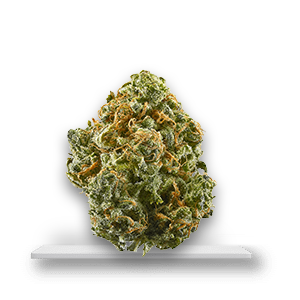Scientific knowledge is the foundation of everything around us, and the use of cannabis is no exception. CBD oil contain natural compounds found in the cannabis plant, and the science behind Full Spectrum CBD oil products involves the Entourage Effect, which refers to the synergistic phenomenon between these substances. Additionally, understanding the science of the endocannabinoid system in our bodies is essential for understanding how these products interact with our systems.
Understanding the Endocannabinoid System
When it comes to the science of cannabis, we can’t overlook the endocannabinoid system present in our bodies. This system is scattered throughout the body, including the brain, arms, legs, and other parts of the body, and reacts to the compounds found in cannabis, including THC.
What is the endocannabinoid system?
The endocannabinoid system (ECS) is a complex cell-signaling system that plays a role in regulating many physiological and cognitive processes in the body. It is made up of endocannabinoids (cannabinoids produced within the body), receptors that respond to these cannabinoids, and enzymes that break down the cannabinoids. The ECS is involved in processes such as pain, mood, appetite, immune function, and sleep, among others. It is named after the cannabis plant, which has been found to interact with the system through its cannabinoids, such as THC and CBD.
How does the endocannabinoid system interact with CBD?
The endocannabinoid system (ECS) interacts with CBD by using its cannabinoid receptors, CB1 and CB2, which are found throughout the body. CBD does not directly bind to these receptors like THC does, but it can influence their activity by interacting with other receptors and enzymes in the ECS.
CBD has been shown to have a variety of effects on the ECS, including increasing the availability of endocannabinoids like anandamide by inhibiting their breakdown, modulating the activity of CB1 and CB2 receptors, and interacting with other neurotransmitter systems involved in pain, inflammation, and anxiety.
What are the benefits of activating the endocannabinoid system with full spectrum CBD?
Activating the endocannabinoid system with full spectrum CBD may have several potential benefits, including:
- Pain relief: The endocannabinoid system plays a role in pain perception, and CBD may help reduce pain by interacting with the system.
- Reduced inflammation: CBD may help reduce inflammation by activating CB2 receptors in the endocannabinoid system.
- Reduced anxiety and depression: CBD may help regulate mood and reduce symptoms of anxiety and depression by interacting with the endocannabinoid system.
- Neuroprotective effects: The endocannabinoid system is involved in regulating the nervous system, and CBD may help protect against damage to the brain and nervous system.
- Improved sleep: CBD may help improve sleep by interacting with the endocannabinoid system and regulating sleep patterns.
However, more research is needed to fully understand the potential benefits of activating the endocannabinoid system with full spectrum CBD.
The Entourage Effect
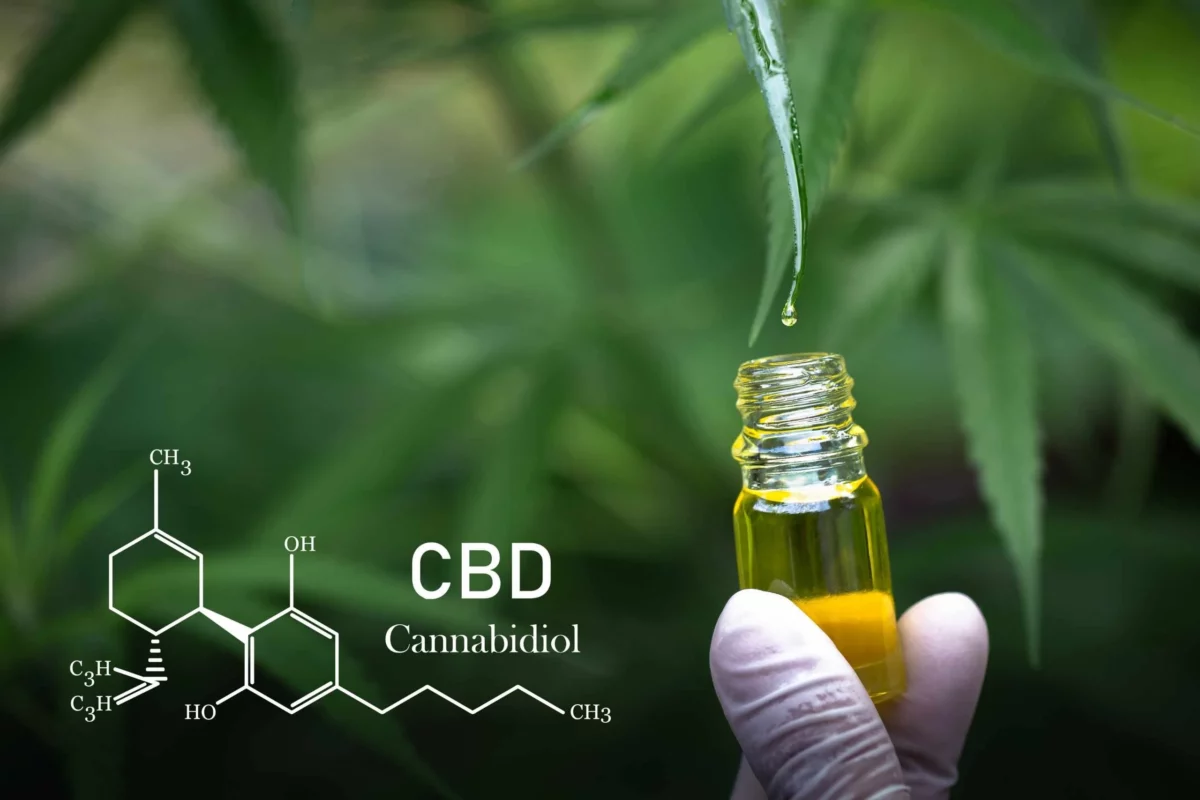
What is the entourage effect?
The entourage effect is a proposed mechanism by which various compounds in the cannabis plant, including cannabinoids, terpenes, and flavonoids, work together synergistically to produce more significant effects than any one of these compounds could produce on its own. This suggests that the combination of these compounds may enhance the therapeutic potential of CBD and other cannabinoids when consumed together, as opposed to consuming them individually. While the entourage effect has not been fully studied or confirmed, it has been suggested as a possible explanation for why full-spectrum CBD products, which contain a variety of cannabis compounds, may be more effective than isolated CBD products.
How does the entourage effect relate to CBD full spectrum?
The endocannabinoid system (ECS) interacts with CBD by using its cannabinoid receptors, CB1 and CB2, which are found throughout the body. CBD does not directly bind to these receptors like THC does, but it can influence their activity by interacting with other receptors and enzymes in the ECS.
CBD has been shown to have a variety of effects on the ECS, including increasing the availability of endocannabinoids like anandamide by inhibiting their breakdown, modulating the activity of CB1 and CB2 receptors, and interacting with other neurotransmitter systems involved in pain, inflammation, and anxiety.
What are the potential benefits of the entourage effect?
The potential benefits of the entourage effect are numerous and include enhanced therapeutic effects, improved symptom relief, increased bioavailability of active compounds, and reduced side effects. Research suggests that full spectrum CBD products may be more effective in treating certain conditions than isolated CBD, due to the entourage effect. For example, some studies have found that full spectrum CBD may be more effective in treating pain and inflammation compared to isolated CBD. Additionally, the entourage effect may enhance the anxiolytic and antidepressant effects of CBD, making it a promising treatment option for anxiety and depression.
Scientific Research on Full Spectrum CBD
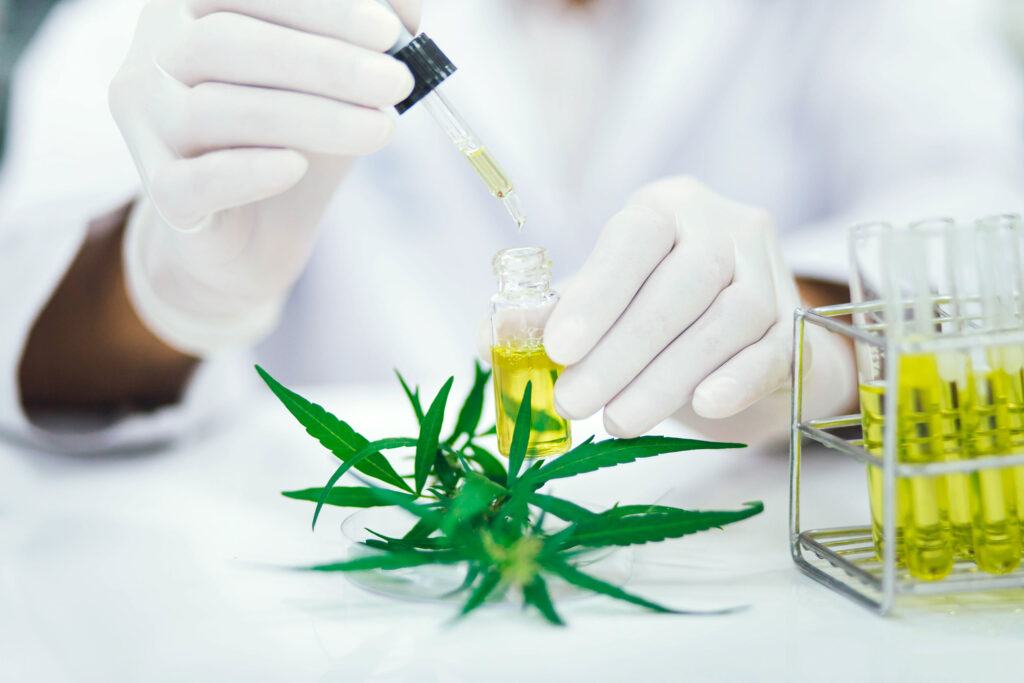
The current research on the benefits of Full Spectrum CBD oil is expanding rapidly. This type of CBD oil contains a variety of compounds found in cannabis, and it is believed that this mixture may provide more comprehensive health benefits than isolated CBD. As more research is conducted, the potential therapeutic properties of Full Spectrum CBD oil will likely become even clearer, leading to new discoveries and a greater understanding of its role in supporting overall health and wellness.
Overview of scientific research on full spectrum CBD
Scientific research on full spectrum CBD is ongoing and expanding rapidly, as interest in the therapeutic potential of CBD continues to grow. While there is still much to learn about the effects of full spectrum CBD on the body, early studies have suggested a range of potential benefits. For example, studies have found that full spectrum CBD may have anti-inflammatory, analgesic, and anti-anxiety properties, and may also help to reduce the severity of seizures in people with epilepsy.
Additionally, full spectrum CBD has been found to have antioxidant properties, which may help to protect the body against oxidative stress and other forms of damage. Other areas of research include the potential use of full spectrum CBD for the treatment of conditions such as PTSD, depression, and substance abuse disorders. While more research is needed in order to fully understand the effects of full spectrum CBD on the body and its potential therapeutic applications, early findings suggest that it may be a promising tool for improving health and well-being.
Key findings and conclusions from studies on full spectrum CBD
Some key findings and conclusions from studies on full spectrum CBD include:
- Full spectrum CBD may be more effective than isolated CBD in treating certain conditions, such as pain, inflammation, and anxiety.
- The entourage effect may play a role in the therapeutic benefits of full spectrum CBD, as it enhances the effects of the various cannabinoids and terpenes in the product.
- Full spectrum CBD has been found to have a good safety profile and is generally well-tolerated by users, with few reported side effects.
- The optimal dosage of full spectrum CBD varies depending on the individual and the condition being treated, and more research is needed to determine the most effective dosing strategies.
- Full spectrum CBD products are not approved by the FDA for the treatment of any specific medical condition, and consumers should always consult with a healthcare professional before using them for therapeutic purposes.
Limitations and future research directions for full spectrum CBD
There are several limitations and potential areas for future research in the study of full spectrum CBD, including:
- Lack of standardized dosing: Many studies have used different dosages of full spectrum CBD, making it difficult to compare results and draw firm conclusions about its effectiveness.
- Limited research on long-term use: Most studies have focused on the short-term effects of full spectrum CBD, and there is a need for more research on its safety and efficacy with long-term use.
- Limited research on specific conditions: While there is some evidence to support the use of full spectrum CBD for certain conditions, such as epilepsy and anxiety, there is still a lack of research on its effectiveness for many other conditions.
- Need for more clinical trials: While some clinical trials have been conducted on full spectrum CBD, there is a need for more large-scale, randomized controlled trials to further evaluate its safety and effectiveness.
- Lack of regulation: The CBD industry is currently unregulated, which makes it difficult to ensure the purity and quality of full spectrum CBD products. There is a need for more standardized regulation and quality control measures to ensure that consumers are getting safe and effective products.
Conclusion
Full spectrum CBD products have gained popularity in recent years due to their potential health benefits and the entourage effect. While research on CBD is still in its early stages, studies suggest that full spectrum CBD may be more effective than isolated CBD due to the presence of other cannabinoids and terpenes. However, more research is needed to fully understand the benefits and potential risks of using full spectrum CBD. It is important for consumers to consult with their healthcare provider and to purchase products from reputable sources to ensure quality and safety. With ongoing research, we can continue to uncover the potential benefits of CBD full spectrum products and improve our understanding of the endocannabinoid system.



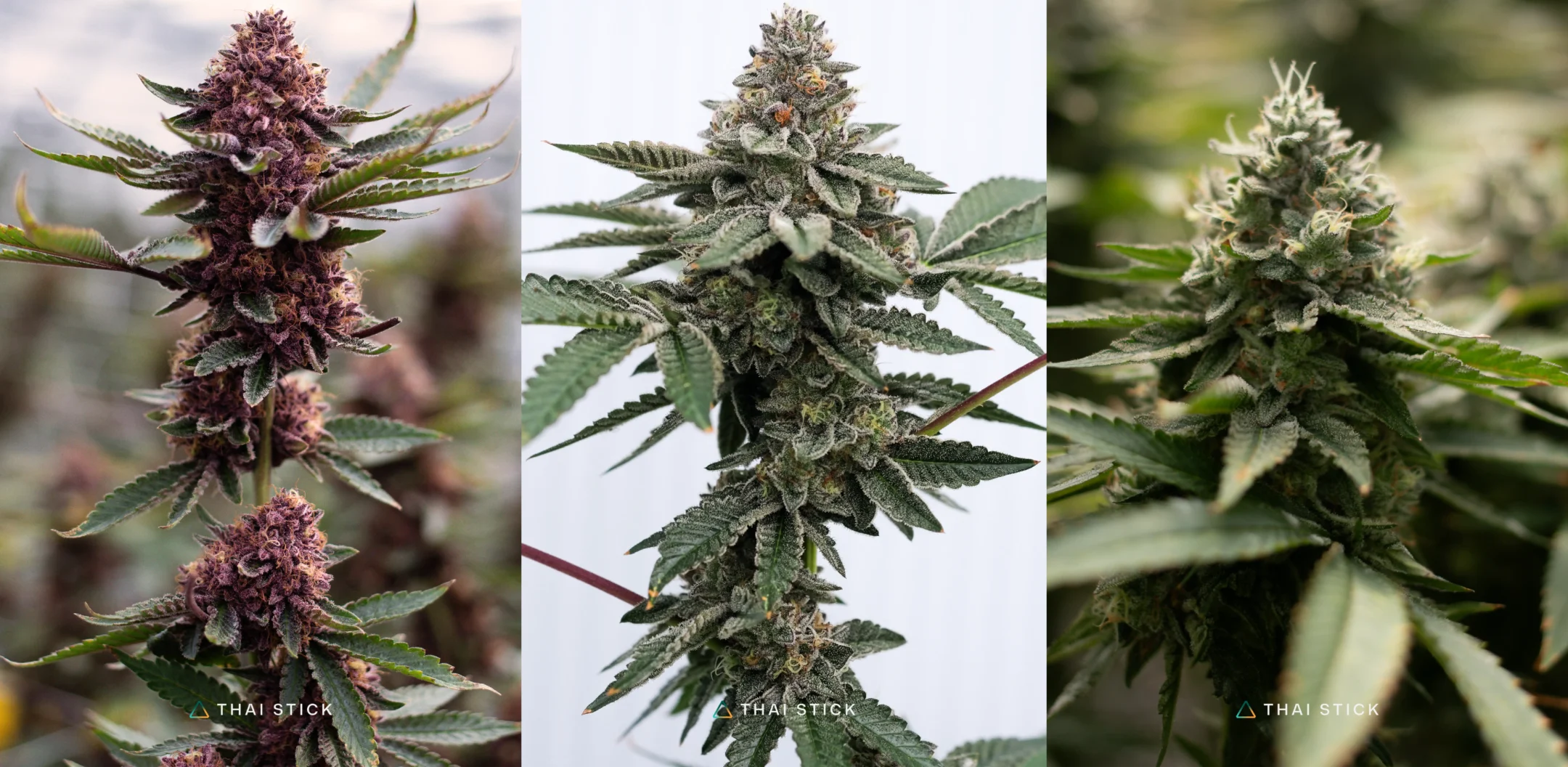
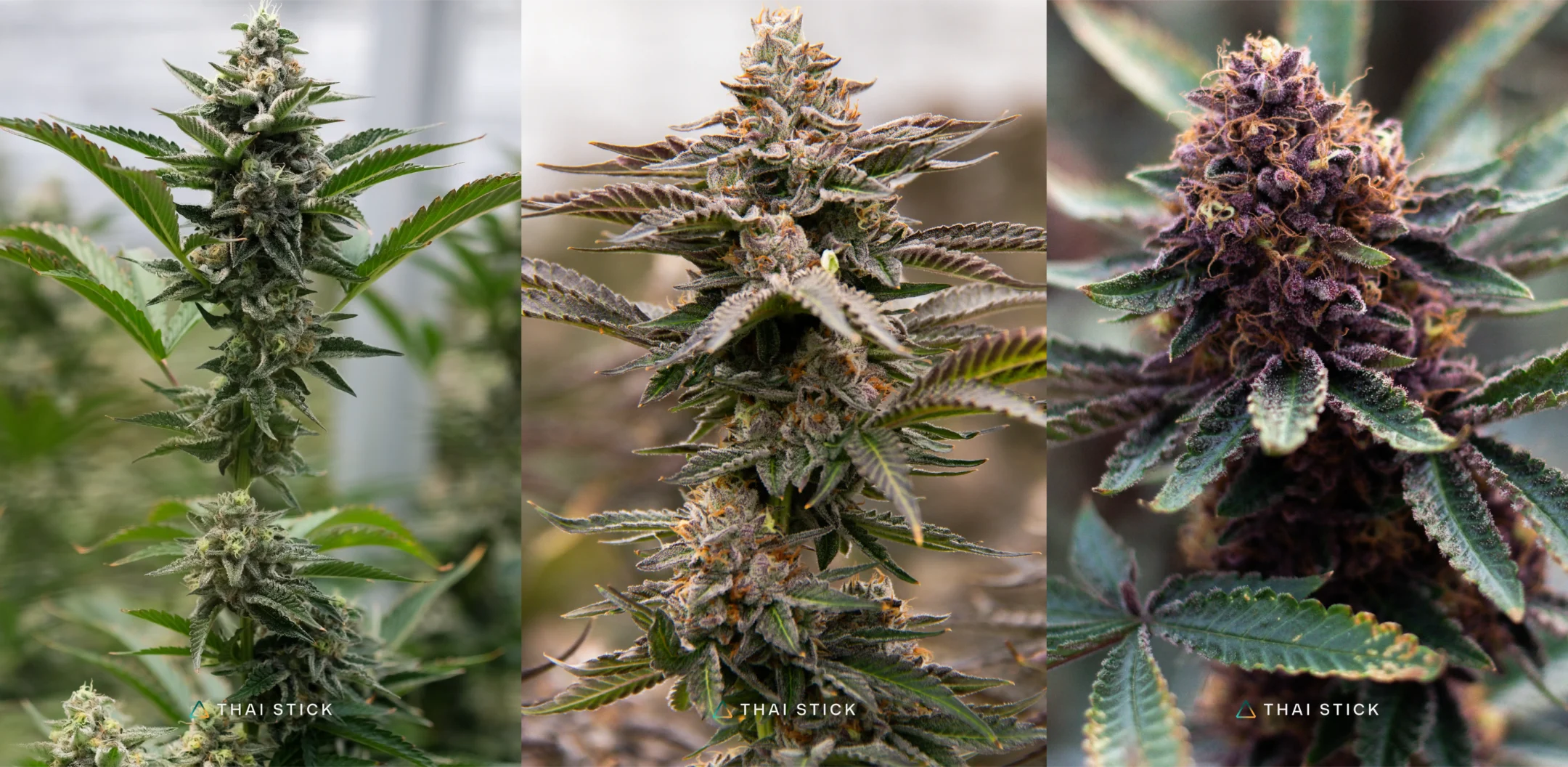
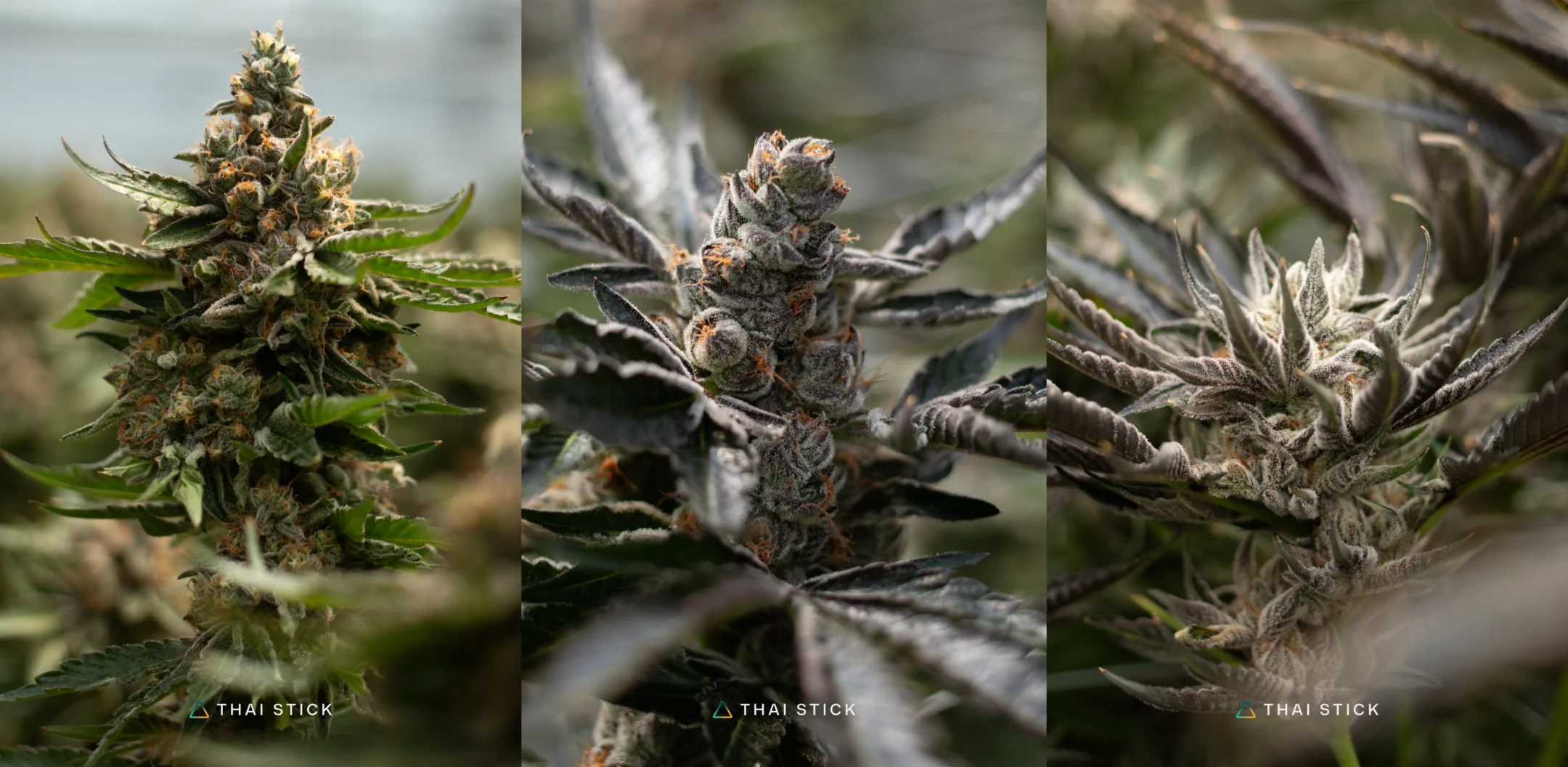
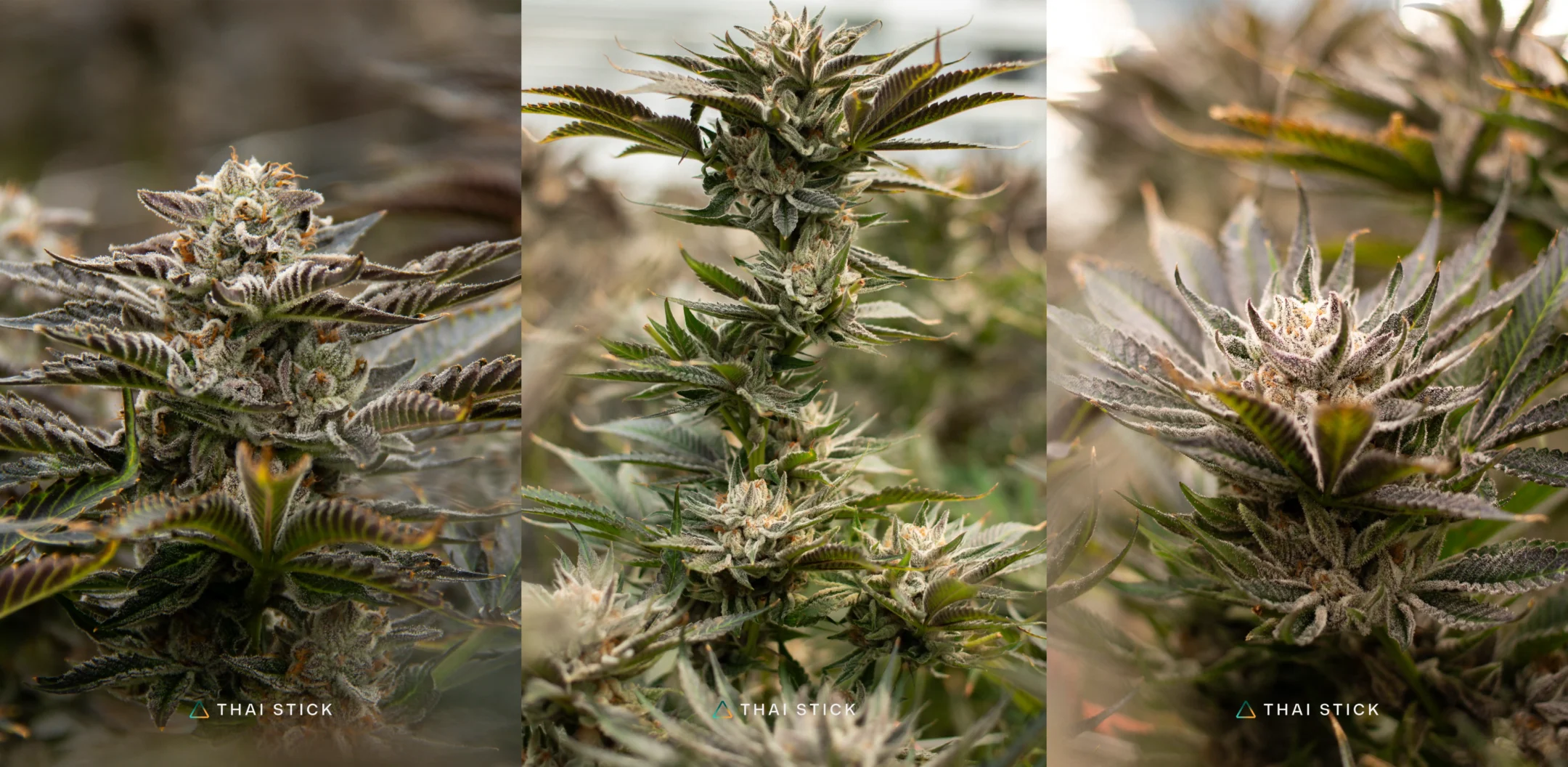
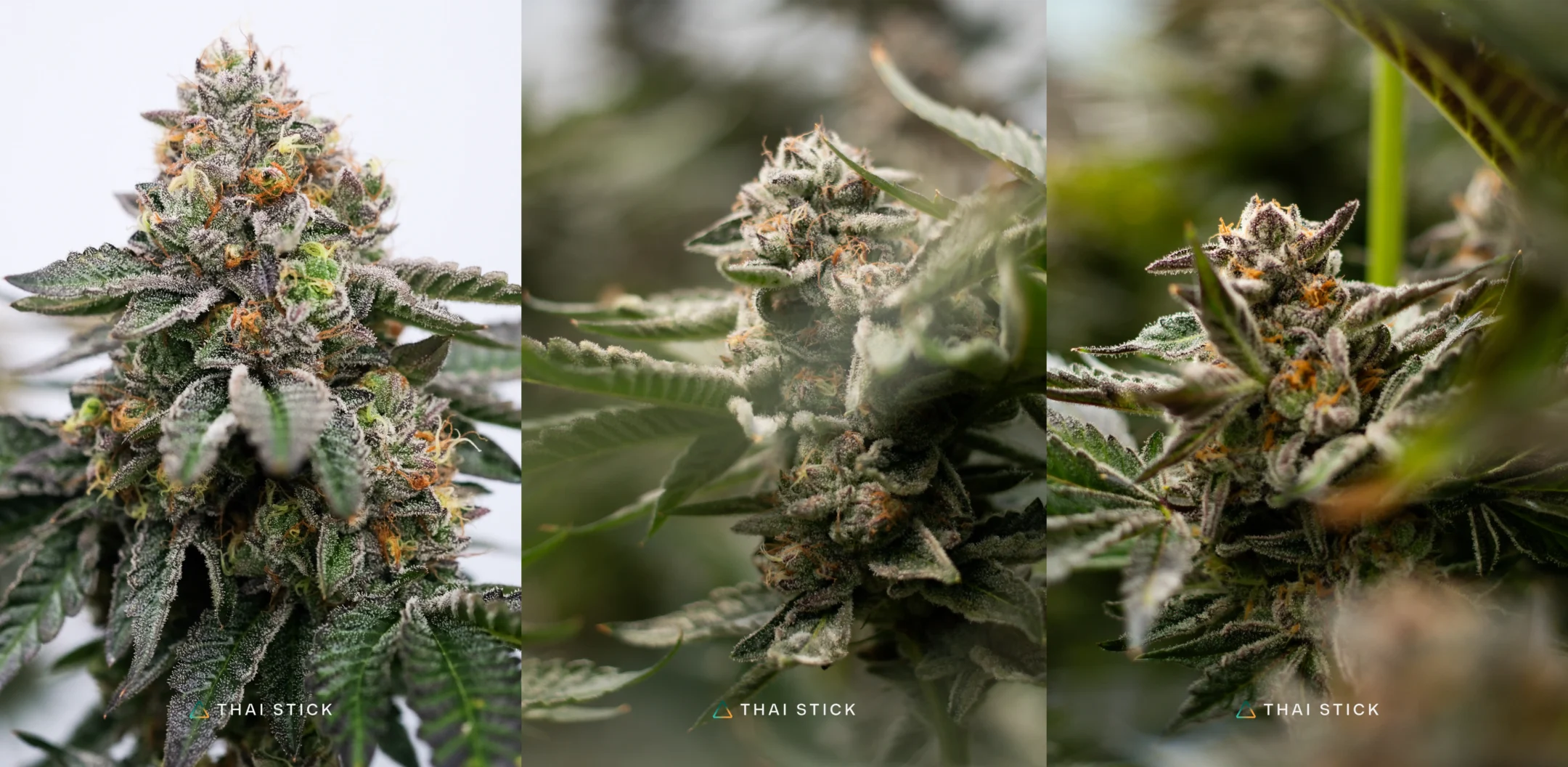
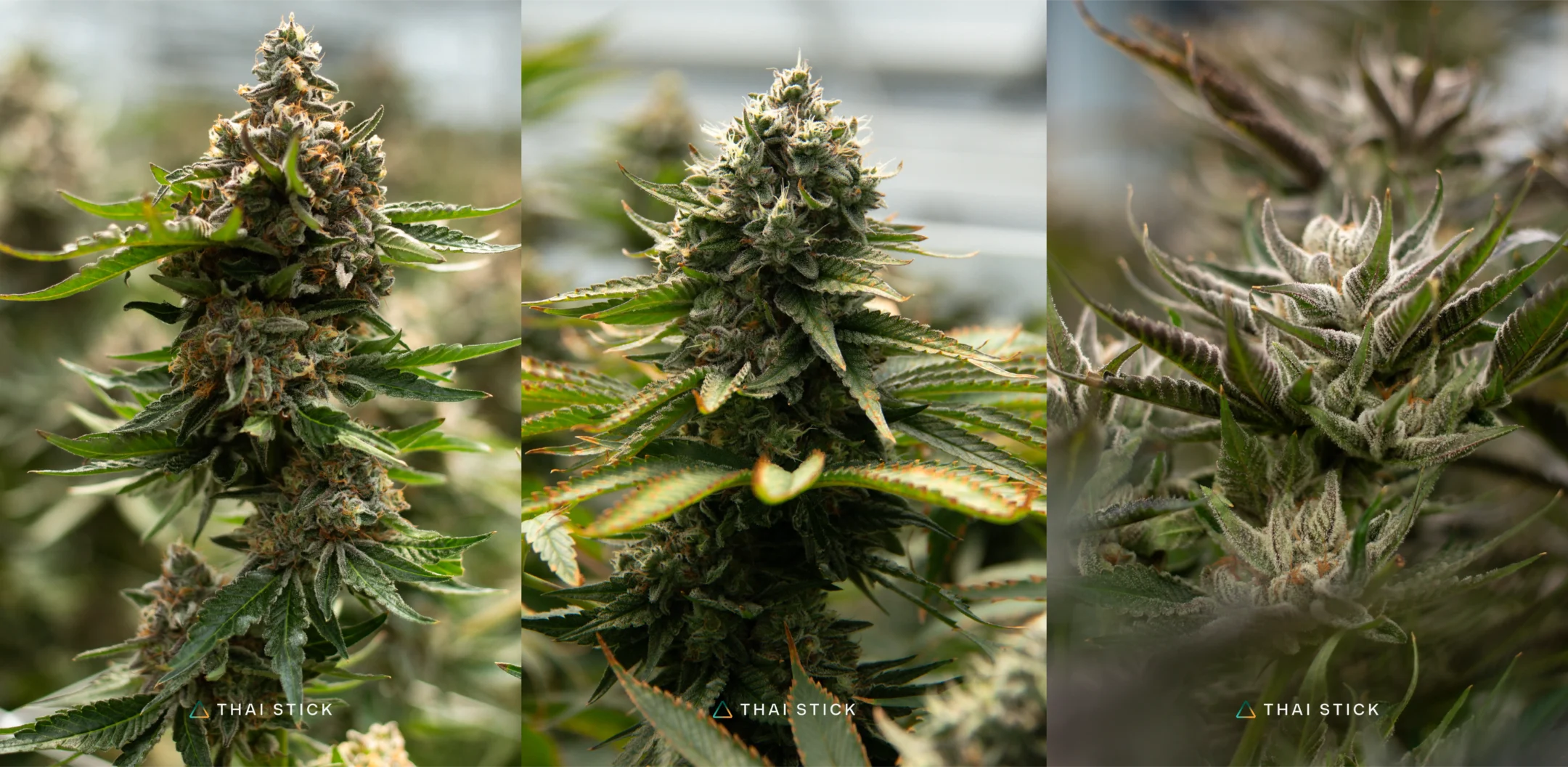
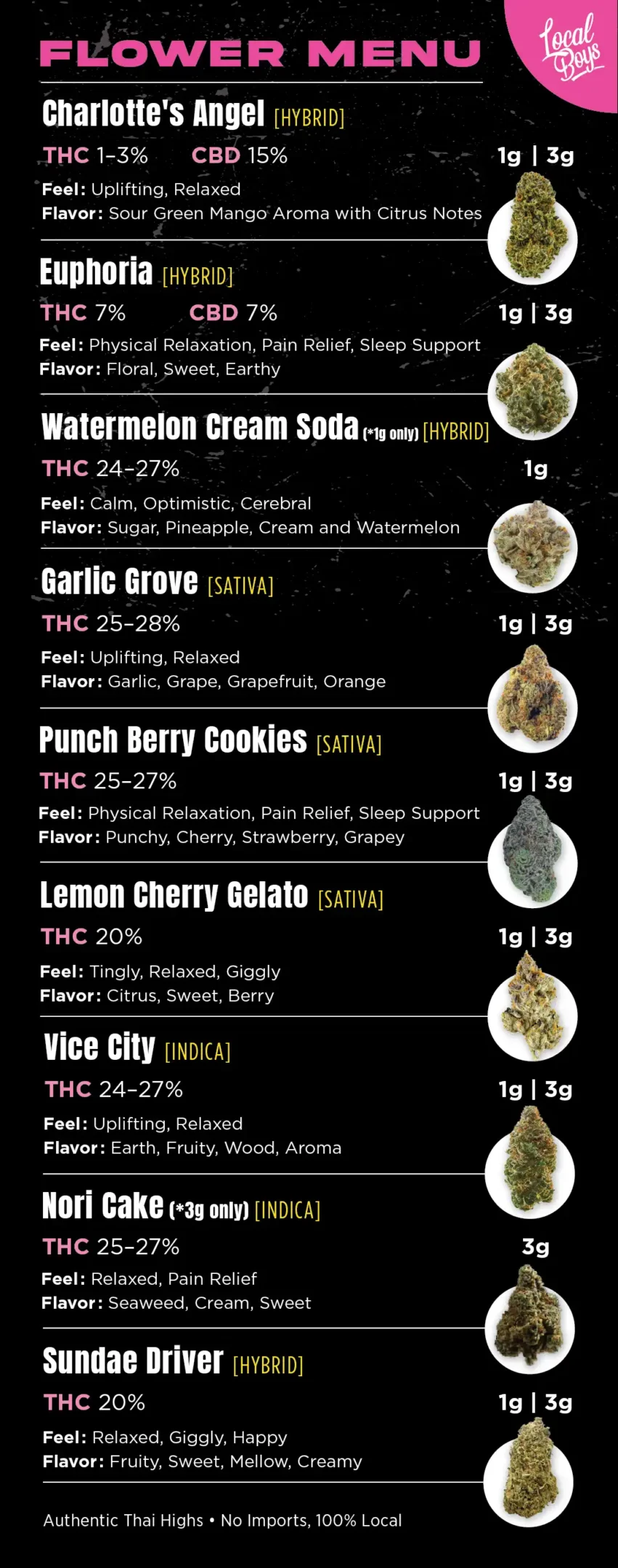

 @bloom.asia
@bloom.asia

